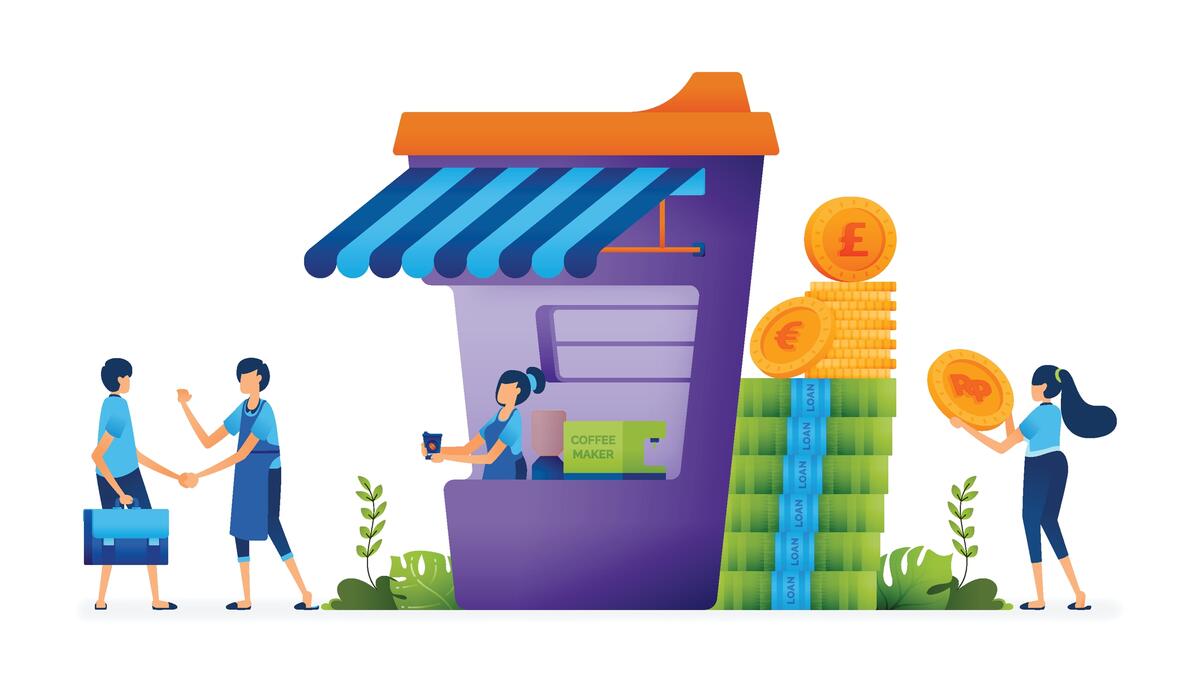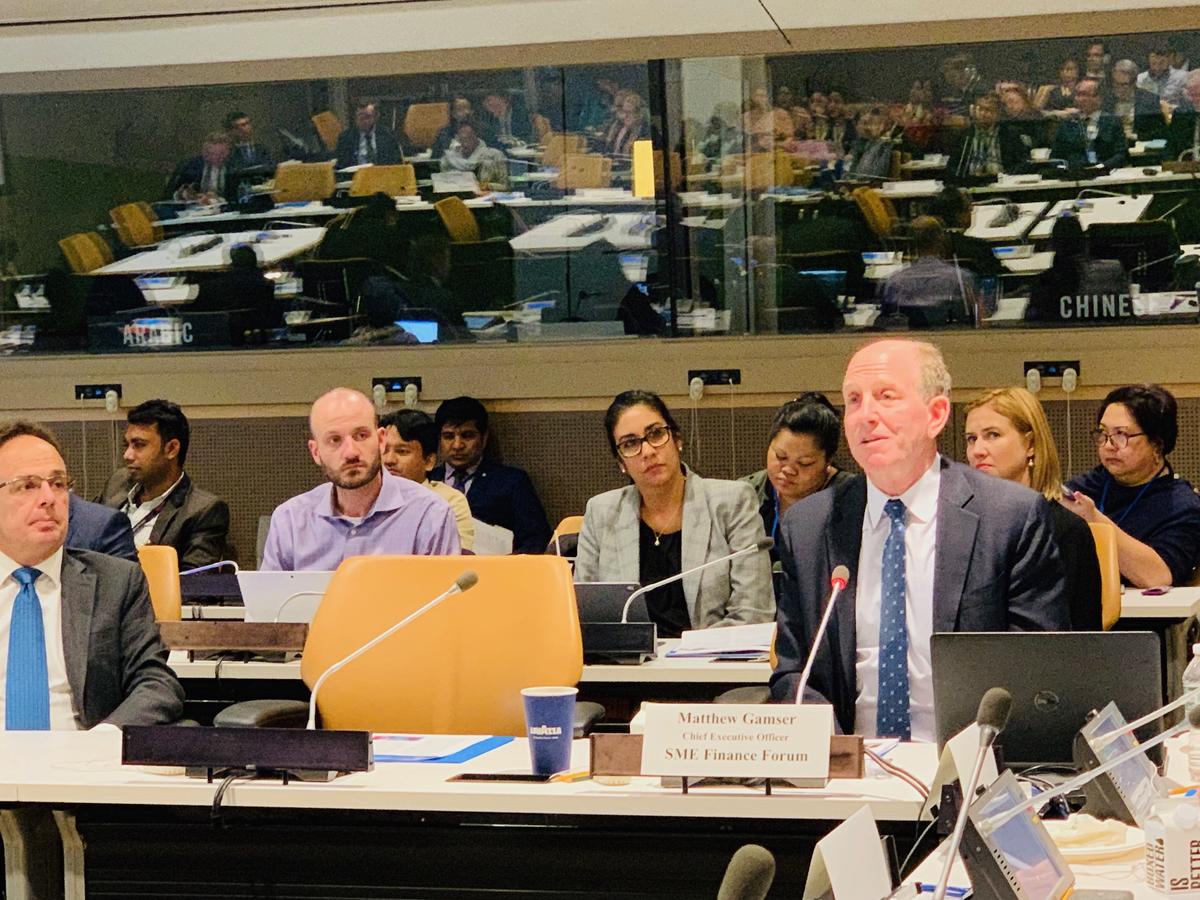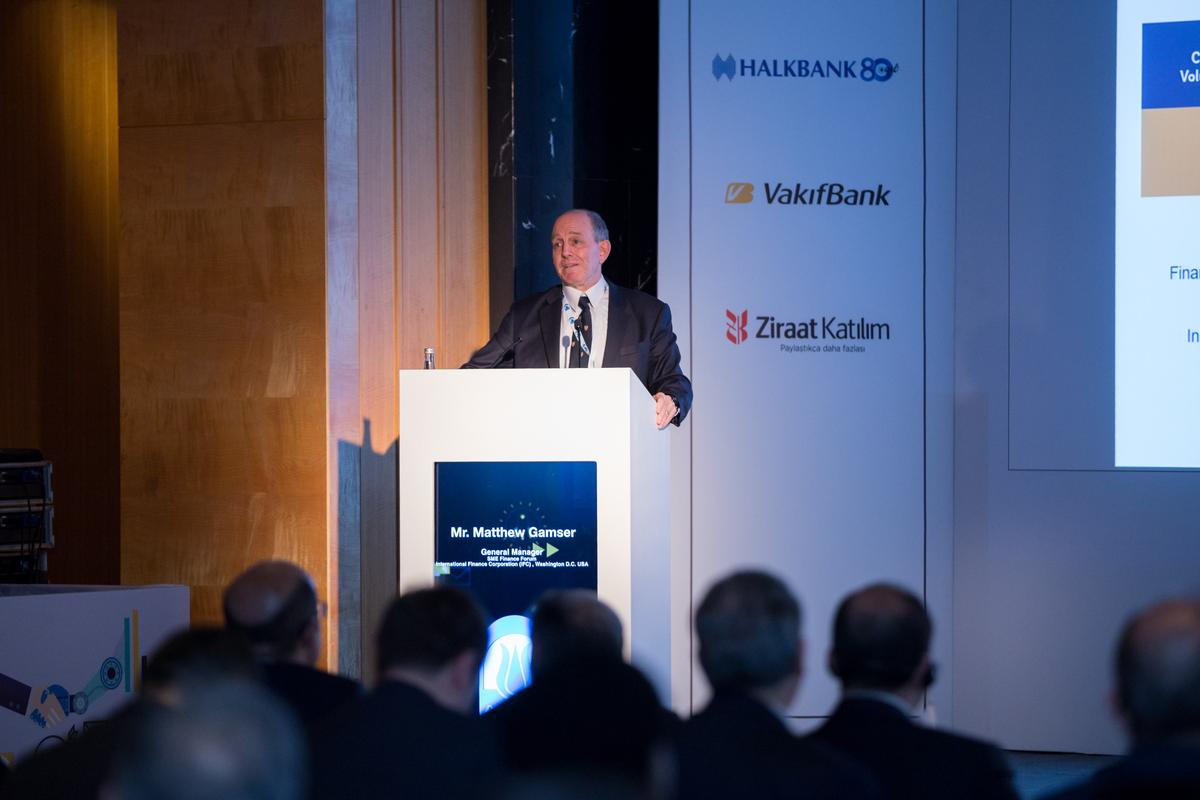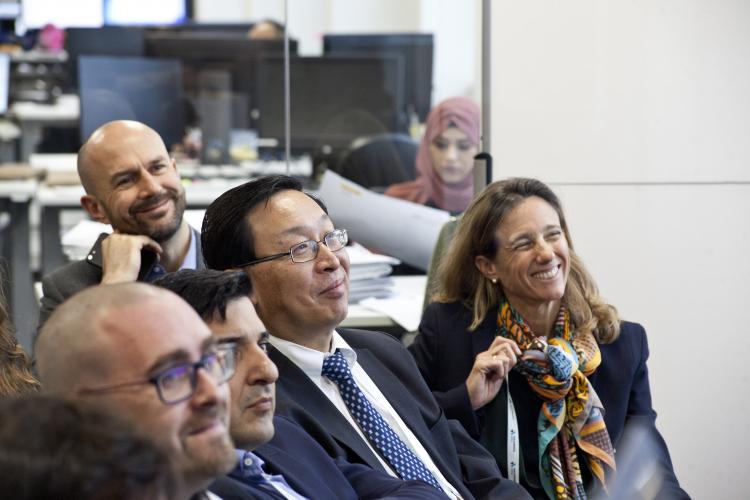Blog
Digital Finance, Responsibility and SMEs - Thoughts from Perth

I spent a very interesting 6 days in Perth with representatives from the G20 countries, their Global Partnership for Financial Inclusion (GPFI) implementing partners, and a host of different public and private agencies talking about the "digitisation" of finance, the opportunities and the new risks it creates. The beginning was the 5th Responsible Finance Forum, followed by an "expo" on Technology and Innovation for Inclusion which we, the SME Finance Forum hosted, followed by the GPFI's annual forum, and concluded with GPFI's internal meeting to discuss work progress and plans for the coming year.
The Responsible Finance Forum, which focused on "digital payments" had a number of thought provoking moments. It reinforced my impression that, despite a lot of really interesting and exciting stuff happening in electronic payments, we are a very long way from creating a customer and merchant-friendly ecosystem in which the poor can really achieve maximum benefits from leaving cash. Still way too much is done through a one-time transfer, followed by full cash-out and the rest of the time payment in cash—even in the vaunted M-PESA world of Kenya. The more I was hearing in this meeting, the more I was convinced that my previous statements here about the neglect of the merchant SMEs' points of view is a critical factor here. At the same time, thinking about the new risks that can come with a new ecosystem made me perhaps a bit grateful that change was happening only slowly—as I started worrying that we don't have enough grasp of costs in the new system, and customers will have even less transparency, the way things now stand—so there would be the risk that we repace one-time expensive money transfers with cheaper transfer, but even more expensive small payments systems...when we add in the pre-paid airtime charges, the other fees that might be charged for B2B or P2B, etc, might we end up with even more costs for the poor? We shouldn't, but we could see this scenario happen...as we're not geared up to monitor, nor enforce the transparency necessary to avoid such a consequence.
We definitely want to move from cash to electronic payments, as this can save for everyone...but it only will save if all the players work in coordinated fashion—the financial institutions, the telcos, the merchants, consumer groups, and, most important of all, the regulators. It's the latter that really are going to have to up their games to help make this work, and it was really encouraging to see many at this meeting, talking together with both the innovators and the users of the new electronic payments technologies. It's through this dialogue across institutions and regulatory boundaries that's going to come up with sensible solutions...in the long run, all will benefit from reducing the percentage of cash transactions—but individually, there's no short-term incentive to cooperate...it's a classic Prisoners Dilemma, with the most dominant in the present market the least incentivized to share and help with overall market development. This is why the regulators are the key actors here, who can take the longer term view and get over the short-term barriers.
At the same time, it was inspiring to hear the latest thoughts from the technologists...Mark Pesce, a well known Australian television science personality and successful innovator, started us off by making sure we knew that $33 smartphones already are on sale in India, and that the increased connectivity they bring will fundamentally transform markets, market power, and market relationships over the next few years. He told us to be ready for hedging by small farmers, OPEC-like cartels of artisanal fishermen, and coconut oil capital markets. Sleepless in Seattle becomes Branchless in Jakarta! We then had 7 innovative firms, Advanced Merchant Payments, CopSonic, KlickEx, Mantis, Oxigen, Quisk, and Ripple Labs, talk more specifically about how they're transforming payments processes, foreign exchange/local currency provision, international remittances and merchant advances.
What was equally inspiring was to hear these same firms contribute actively at the GPFI Forum, which last year had lacked a strong private sector presence, but here was enlivened by these and other speakers from outside the GPFI contributing their perspectives on what the G20 should be doing to help accelerate progress in this area, while anticipating and mitigating new risks. Overall, I was again convinced that making sure the dialogue is open, and that innovators, regulators and financiers talk will help find the tools and incentives to get the cashless ecosystems to develop in the right way. Many noted that a key part of this understanding is focusing on the SMEs who, as agents, have critical roles in these ecosystems, and who have not been particularly well consulted in the process to date (though many demands have been placed on them).









